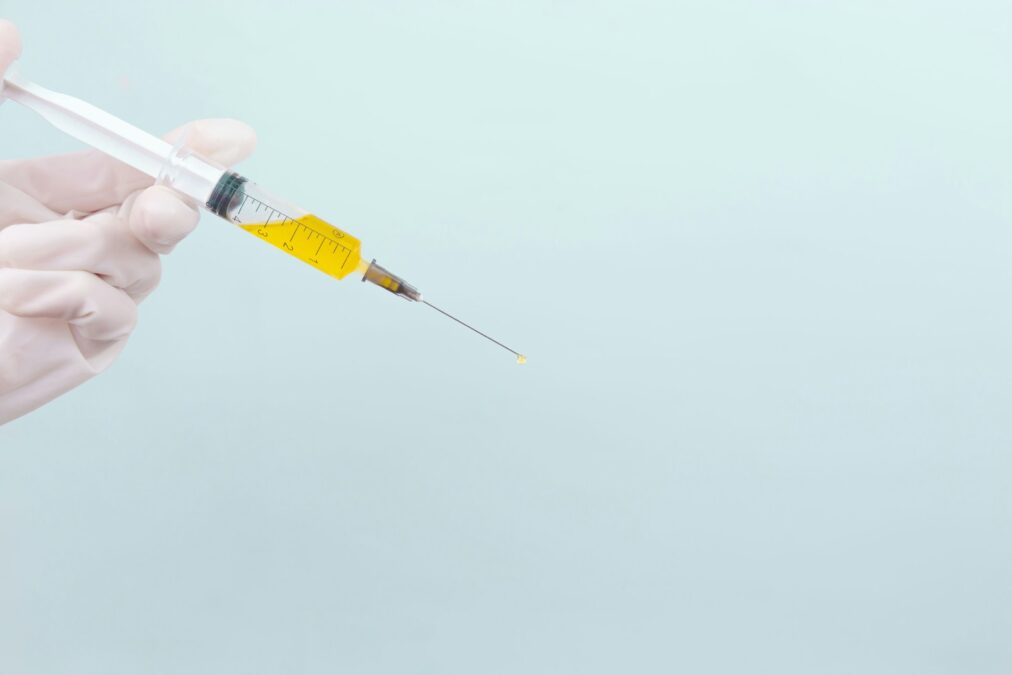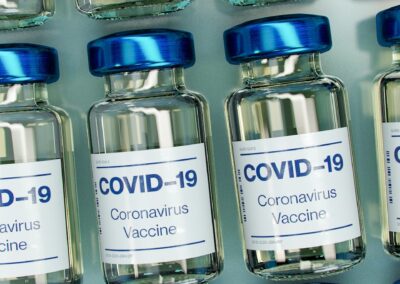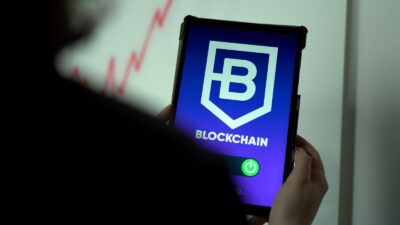The Importance of Secure Vaccine Distribution
Ensuring the integrity of vaccine distribution is critical to public health efforts, as vaccines are highly sensitive products that require careful handling and monitoring throughout the supply chain. Any disruptions or inaccuracies in the distribution process can compromise the efficacy of vaccines and pose significant risks to individuals and communities. In this regard, blockchain technology offers a solution by providing a tamper-resistant and immutable ledger that records every transaction and movement of vaccines. By leveraging blockchain-based systems, stakeholders can track the entire journey of vaccines in real-time, from manufacturing facilities to distribution centers to healthcare providers, ensuring transparency and accountability at every step.
Empowering Safer and Transparent Supply Chains
Blockchain technology has emerged as a transformative force in various industries, revolutionizing the way businesses operate and ensuring transparency, security, and efficiency in processes. In the context of vaccine distribution, blockchain services play a crucial role in enabling secure and transparent tracking of vaccines from production facilities to end-users. With the increasing demand for vaccines worldwide, especially in the wake of the COVID-19 pandemic, ensuring the safe and efficient distribution of vaccines is paramount. This article explores how blockchain services facilitate the seamless management of vaccine supply chains, safeguarding public health and well-being.
Benefits of Blockchain in Vaccine Distribution
One of the key benefits of blockchain technology in vaccine distribution is its ability to enhance security and trust in the supply chain. With blockchain, each vaccine dose is assigned a unique digital identifier that is recorded on the blockchain ledger. This identifier contains important information such as the vaccine type, batch number, manufacturing date, expiration date, and storage conditions. Anytime a vaccine is transferred or administered, the transaction is recorded on the blockchain, providing an immutable record of its journey. This transparency helps prevent counterfeit vaccines from entering the supply chain and allows authorities to quickly trace and recall any compromised doses.
Challenges and Considerations
While blockchain technology offers numerous benefits for vaccine distribution, its implementation is not without challenges. One of the primary challenges is the integration of blockchain systems with existing infrastructure and legacy systems used by various stakeholders in the vaccine supply chain. Achieving seamless interoperability and data sharing among different platforms and organizations requires careful planning and coordination. Additionally, ensuring data privacy and security is paramount, as blockchain networks are susceptible to cyber threats and data breaches. Therefore, robust cybersecurity measures and encryption protocols must be implemented to safeguard sensitive information. Furthermore, the scalability of blockchain networks is a critical consideration, especially in the context of vaccine distribution on a global scale. As the volume of vaccine transactions increases, blockchain networks must be able to handle the growing demand without compromising performance or transaction speed.
Moreover, blockchain technology improves the efficiency of vaccine distribution by streamlining data management and reducing administrative burden. Traditionally, vaccine distribution involves complex paperwork and manual record-keeping processes, leading to delays and errors. By digitizing and automating these processes with blockchain, stakeholders can access real-time data on vaccine inventory, shipments, and storage conditions, enabling faster decision-making and resource allocation. This efficiency is particularly crucial in emergency situations such as disease outbreaks or mass vaccination campaigns, where timely delivery of vaccines can save lives.
Future Implications and Conclusion
As the global demand for vaccines continues to rise, the adoption of blockchain technology in vaccine distribution is poised to have far-reaching implications for public health and safety. By ensuring the integrity and transparency of vaccine supply chains, blockchain services empower governments, healthcare organizations, and pharmaceutical companies to deliver vaccines more effectively and responsibly. Looking ahead, further advancements in blockchain technology, coupled with increased collaboration and standardization among stakeholders, will continue to drive innovation in vaccine distribution, ultimately contributing to healthier and more resilient communities worldwide.
#Blockchain #VaccineDistribution #SupplyChainManagement #PublicHealth #Transparency #Efficiency #Healthcare #COVID19 #Security #Innovation #Technology























